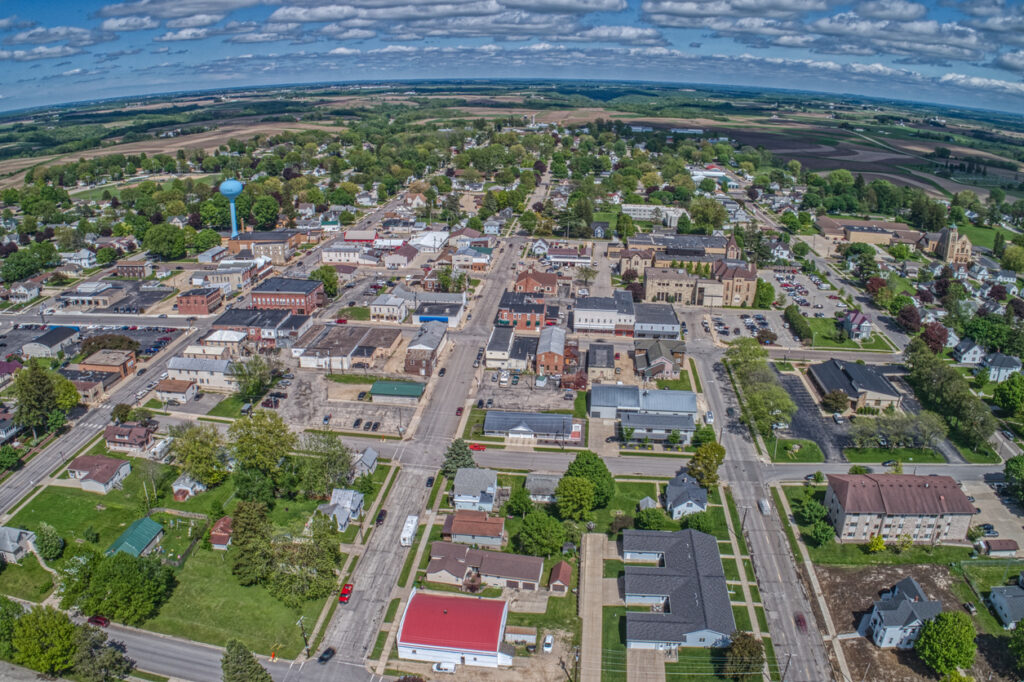2024 Legislative Session: Protecting Cities’ Zoning and Land Use Authority
During the 2023 Minnesota State Legislative session, lawmakers made clear that addressing the state’s housing crisis was imperative by passing over $1 billion in state resources for housing—the largest single investment in housing in Minnesota history. Housing will remain a top priority for the legislature during the 2024 session, and the League of Minnesota Cities will again advocate for policies that incentivize and encourage locally-led housing solutions for cities to address their unique housing needs.
On the heels of a historic housing finance package, the legislature will likely turn its focus to policy, and we are anticipating the discussions will center heavily around local zoning and land use preemption. The League will continue to oppose proposals that seek to preempt local zoning and land use authority when it comes to residential development.
As we prepare for the start of the legislative session on Feb. 12, it is important to highlight some of the key principles that the legislature must consider when addressing housing policy.
Recognize Locally Led Reforms
Zoning is hyper local. Cities across the state have already put in years of work to address zoning that involves robust community engagement. State-mandated frameworks should not replace their community-specific efforts.
One-size-fits-all mandates will not solve the housing crisis. What works in a larger Twin Cities metro community to address housing needs is completely different than what works in Greater Minnesota and vice versa.
As an alternative to overly broad zoning and land use mandates proposed by the legislature, the League supports a city-state partnership to consider reforms proven to address availability and affordability that ensures efforts can be locally led and retain a community’s opportunity to shape those efforts. Cities should be incentivized by the state to implement reforms that make the most sense for their communities’ needs.
Consider Outside Forces
Development targets set by the Legislature that cities are required to meet must consider that cities do not control the pace of housing development or the affordability of a housing product that hits the market. Any housing policy changes at the state level must set cities up for success. The legislature should provide tools and resources for cities to progress toward implementation goals and refrain from penalizing cities for market forces outside of their control. Additionally, planning for density should be based on infrastructure availability and capacity as well as how many people are likely to move to an area based on demographic data and other appropriate metrics, not simply on subjective factors.
Prioritize Affordability
In the past, there have been plenty of examples of teardowns and rebuilds where a duplex or twin home has replaced single-family, naturally occurring affordable housing (NOAH), with a larger single-family home or two-unit dwelling that is rented or sold well above the median rate. Any framework proposed at the state level that incentivizes density must be directly tied to affordability shortages and tailored to individual community needs.
Fund Necessary Infrastructure
The legislature must pair any conversation around land use and zoning reform with the passage of HF 1402 to allow cities to assess impact fees for infrastructure needed to support new development and the resizing of infrastructure to support infill development.
Projects allowing for additional density must consider downstream and upstream infrastructure capacity. The legislature should also include options for financing the infrastructure needed to support residential development without relying on the property tax base.
Consider Environmental Impacts
Any statewide framework must recognize environmental infrastructure, regulatory, and planning needs. Environmental factors that need to be considered and vary from city to city include groundwater quality and availability, water and sewer infrastructure capacity, sensitive water resources and habitat, impaired water pollutant load restrictions, and state and federal permit requirements on city operations and utilities.
City officials can partner with the League to advocate for locally-led zoning and land use initiatives by sharing their communities’ successes, barriers, and needs with legislators. For more information, contact Daniel Lightfoot at (651) 281-1295 or [email protected].

